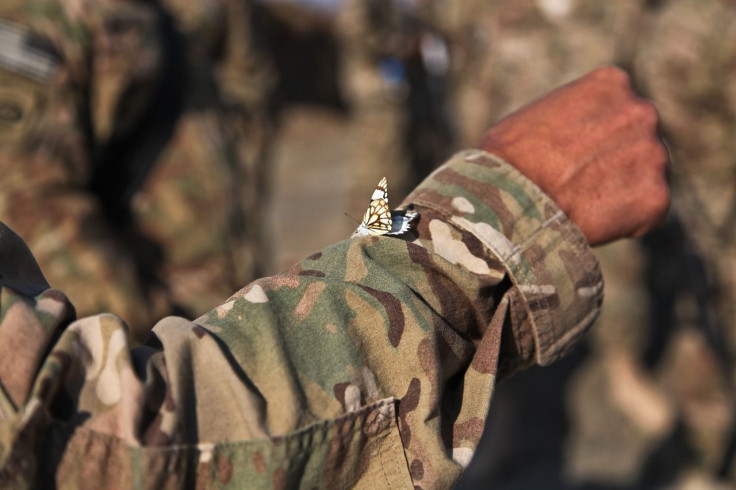First Ever Penis Transplants In US Planned For Veterans Who Sustained Serious Genital Injuries In Combat

Doctors at the John Hopkins School of Medicine in Maryland plan to perform the first ever penis transplant conducted in the United States. The hospital is currently in the midst of identifying potential candidates for the procedure, and if all goes to plan, the operation could be performed within the next few months.
While liver, lung, and kidney transplants may be commonplace, only two attempts at a penis transplant have ever been performed. What’s more, of these two attempts, only one has been successful. In another procedure, known as a phalloplasty, surgeons craft a penis-like mass out of tissue taken from other parts of the patient’s body — most commonly the back or forearm. A penis transplant, however, involves taking the organ from a recently deceased donor and painstakingly reattaching it to the recipient, Time reported. The procedure takes up to 12 hours and currently has only a 50 percent chance of being successful. But unlike a phalloplasty, a penis transplant allows the recipient to regain a certain level of sexual function, and even father children as long as the testicles are intact.
Johns Hopkins was recently granted permssion to perform the procedure on 60 U.S. veterans who sustained serious genital injuries during combat. Still considered an experimental operation, the hospital has volunteered to pay the estimated $200,000 to $400,000 bill for the first transplant. If it's successful and more operations are performed, the Department of Veterans Affairs will pay for the anti-rejection drugs that veterans will need following the operation, The New York Times reported.
Before the operation can even begin, a matching donor will need to be found. Using a microscope, surgeons can then attach the donated organ to the recipient by stitching together about two to six nerves and six to seven veins and arteries under a microscope.
Patients urinate with a catheter for the first few weeks after the operation. It will also take time for their nerves to regrow into the new body part. The amount of time it takes to regain sexual function will depend on the extent of each patient's original injuries. In addition, patients will be required to take anti-rejection medication for the rest of their lives to ensure that their immune system does not reject the new organ.
The first penis transplant ever was performed on a Chinese patient, according to NBC News. Unfortunately, the patient asked for the organ to be removed after only two weeks because it had begun to lose blood flow and his wife psychologically rejected his new body part. Unlike this patient, however, the operation is often worth the risk. The Times estimates around 1,367 servicemen sustained serious genital injuries in the Afghanistan and Iraq wars between 2001 and 2013. For many of these men, the loss of such an intimate body part is more devastating than other injuries — it is a symbol of their identity, after all.
“Our young male patients would rather lose both legs and an arm than have a urogenital injury,” Scott E. Skiles, the polytrauma social work supervisor at the Veterans Affairs Palo Alto Health Care System, told The Times.
The second-ever penis transplant was conducted on a South African man who had lost most of his penis in a botched circumcision. Contrary to the first case, this operation was a success. Not only did the patient regain full use of his new body part but he was also able to father a child naturally.
Published by Medicaldaily.com



























